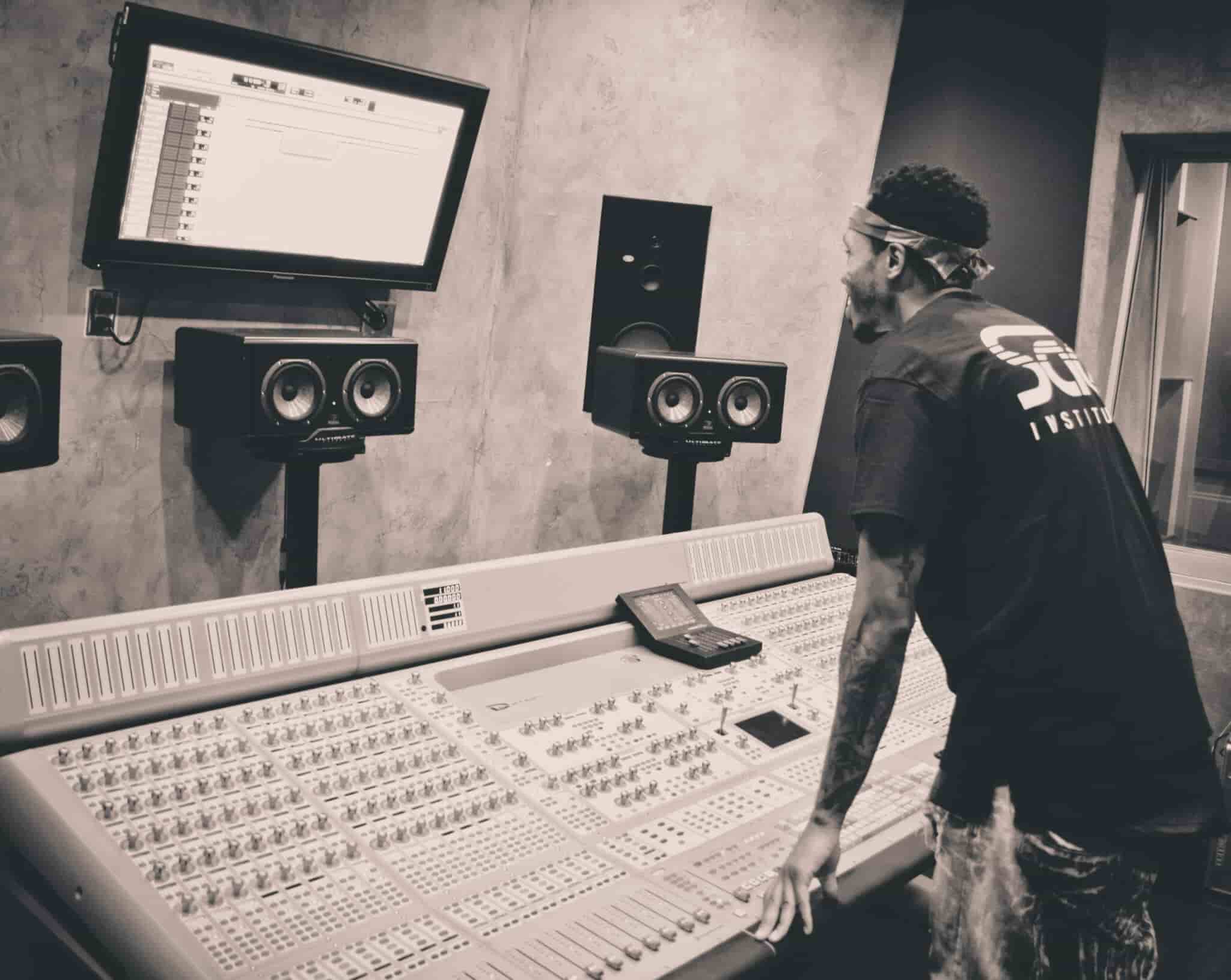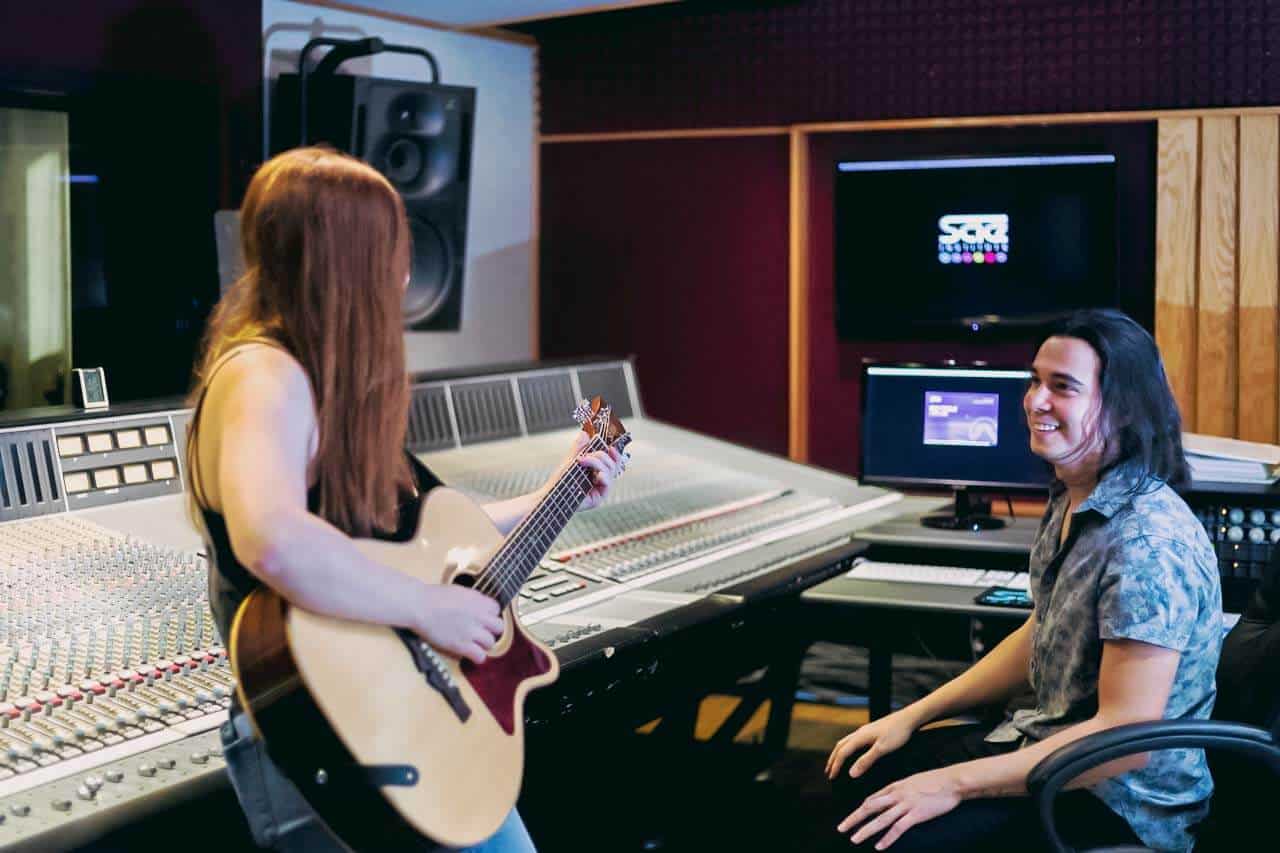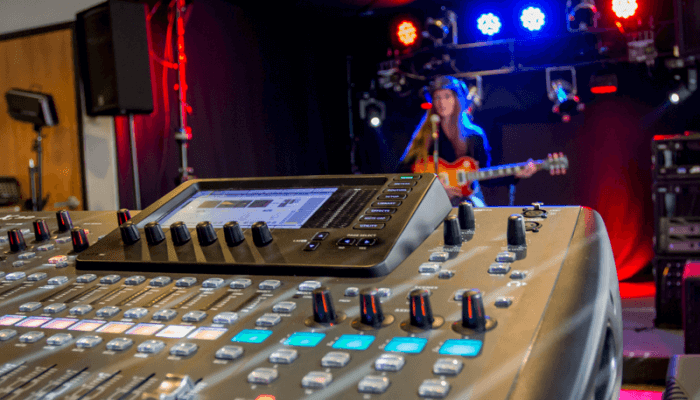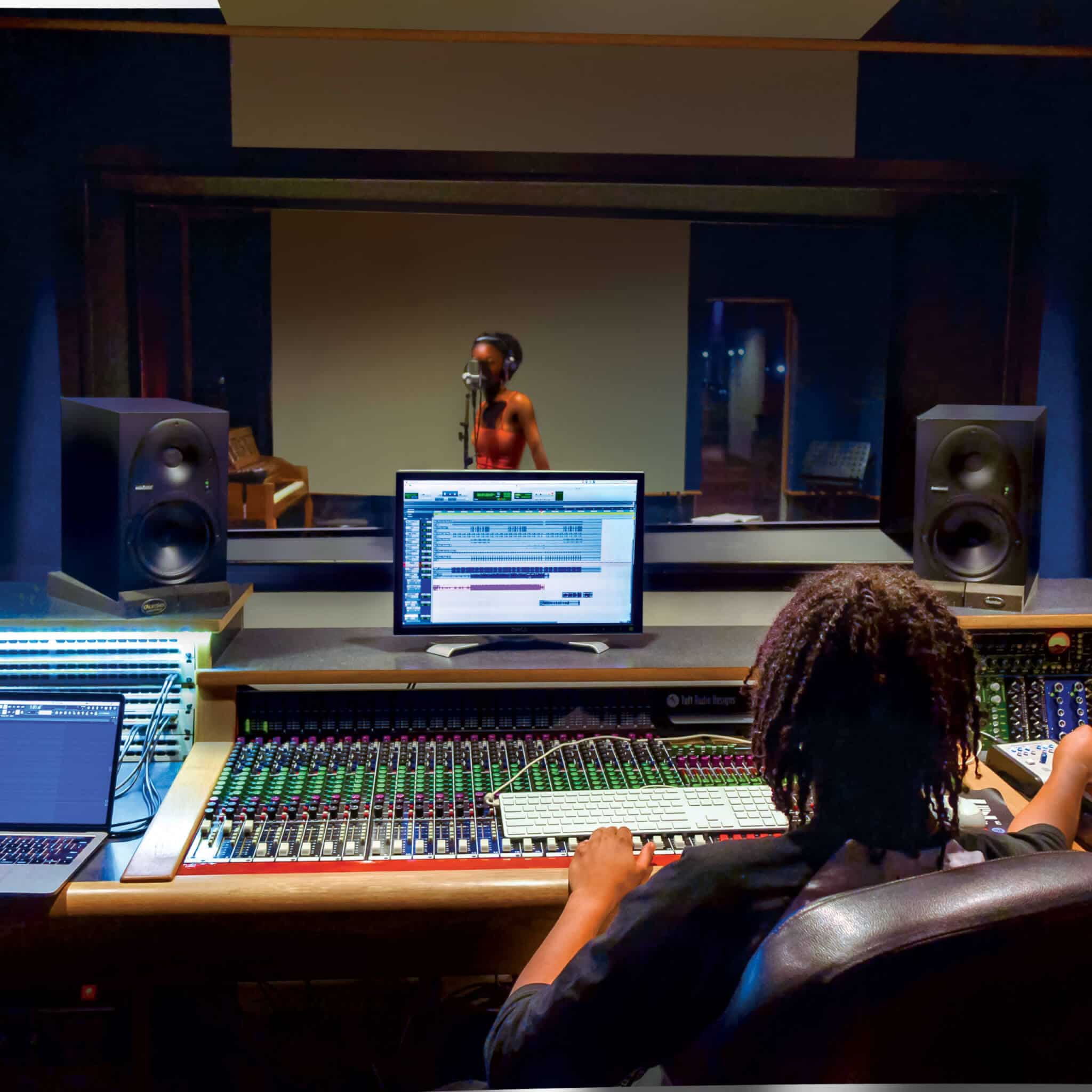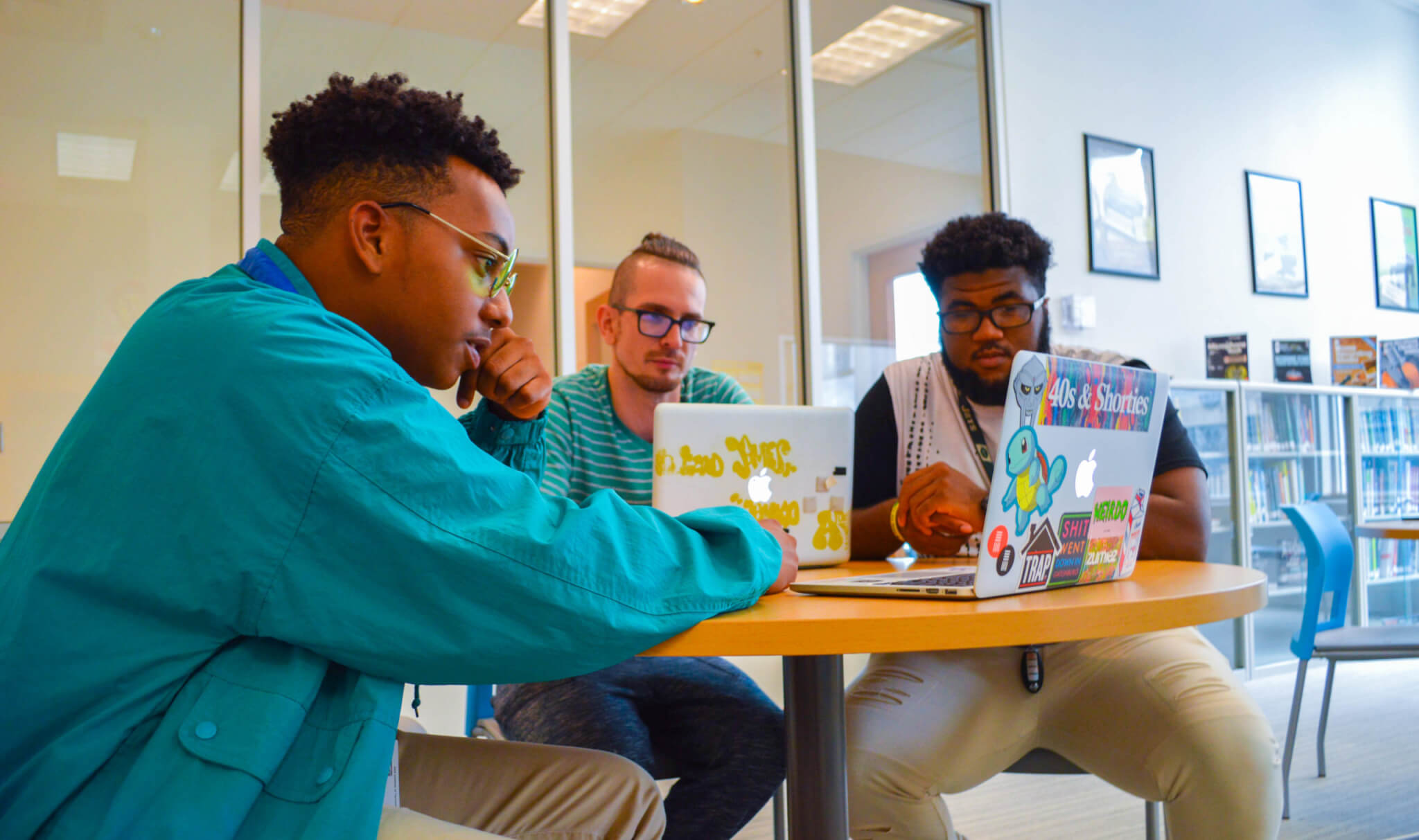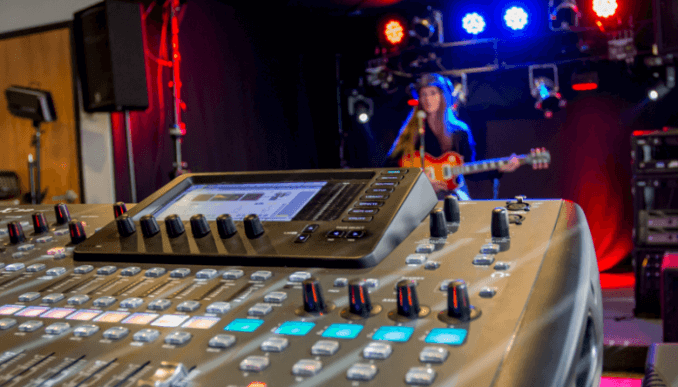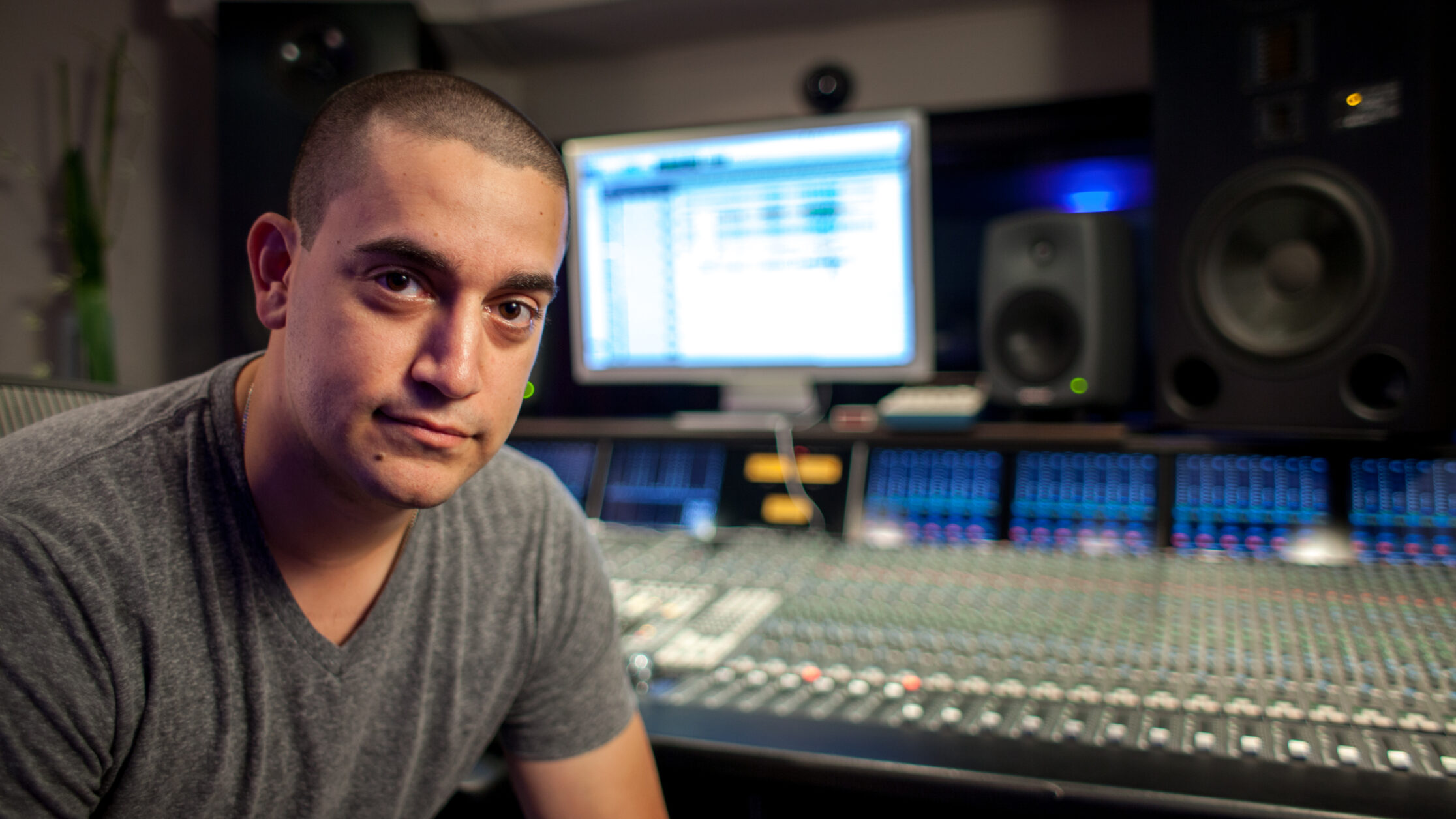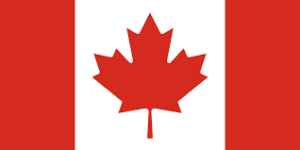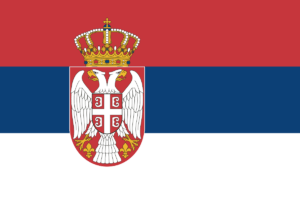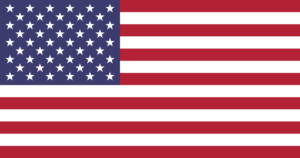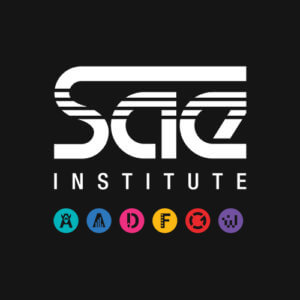
In an ever-evolving educational landscape, the importance of ongoing training and development for faculty cannot be overstated. Dean of Education and Career Services, Dave Andris, recently took the stage at this year’s ACCSC Professional Development Conference to shed some light on this critical issue.
Dave’s presentation, called “Skillful Teaching: A Critical Component of the Student Success Triad” was targeted toward school and academic directors, and faculty members in an effort to share the importance of working with faculty to improve their teaching skills in and out of the classroom.
Follow along as we get some insight from Dave about the conference and his take on why professional development is key to enriching the overall learning experience for students.
Was this your first conference of this kind?
This was my first conference of this kind. I used to present at a number of conferences as a product specialist for Melodyne back in the day, as well as teaching at SAE for 6 years. So I’m no stranger to standing in front of a group of people and teaching them something.
You spoke about ongoing training and development for faculty. Why is that important for organizations?
There is no such thing as a perfect instructor, we can all improve and it’s important for any faculty member to receive quality constructive feedback, review student comments on end-of-course surveys, and gauge their outcomes comparatively to others and against their prior outcomes in order to improve. With these items, a faculty member can find areas of improvement, large or small. It could be a small tweak that can make the class more engaging, or even get confirmation that an initiative was well received and how they can iterate and improve upon it. This is how we create a culture of student success, but it starts with our faculty knowing what is expected of them and guiding them on how to be the best instructors they can be.
What are some ways our organization addresses faculty development?
We take a holistic approach in assessing a faculty member’s strengths and areas for growth. We do this through consistent observations, review of course outcomes (student retention, overall pass percentages, grade distribution, etc.), reviewing instructor assignment feedback, as well as utilizing end-of-module surveys. At the end of our performance review period, we use all of these data points to create an individual plan for each instructor on areas of development, and areas of strength that could be possibly shared with their fellow faculty member at a formal meeting during the upcoming review period.
As a former SAE Institute student yourself, how has your experience as a student shaped your approach to higher education today?
SAE was a different school when I was a student. We were left very much on our own, and the environment was not that inviting aside from select faculty. It was really stuck in the old-school audio mindset of how to handle newcomers into the industry. There was little to no Career Support or structure to Career Services. We had a new instructor for each new topic, and it was very inconsistent in the quality of instruction in the classroom with little oversight. This is not to say I did not learn, to the contrary I learned a great deal. A lot of that was me and my classmates having to sometimes pull that information out of the instructor if we could even get in touch with them after they finished teaching us for that week.
Today, it’s a stark contrast to the time when I was a student. Today, we have a structure for faculty review to ensure quality instruction. There is a consistent ethos to how we are teaching in the classroom across all campuses, so a student can expect a certain structure to the class. Student services are available and regularly shared with students to make sure they are aware of what services are available to them and how to access them. All of our experiences shape how we go about our professional lives, and my time as a student at SAE shapes the way that I strive for our Directors of Education, and Faculty to interact with our students. It’s a relationship where the students should feel welcomed, supported, and expect an honest interaction from everyone.
To learn more about the different Career Services offered here at SAE Institute, visit us online at our Career Services page for more information, or get in touch with us directly by filling out our Inquire Form.
